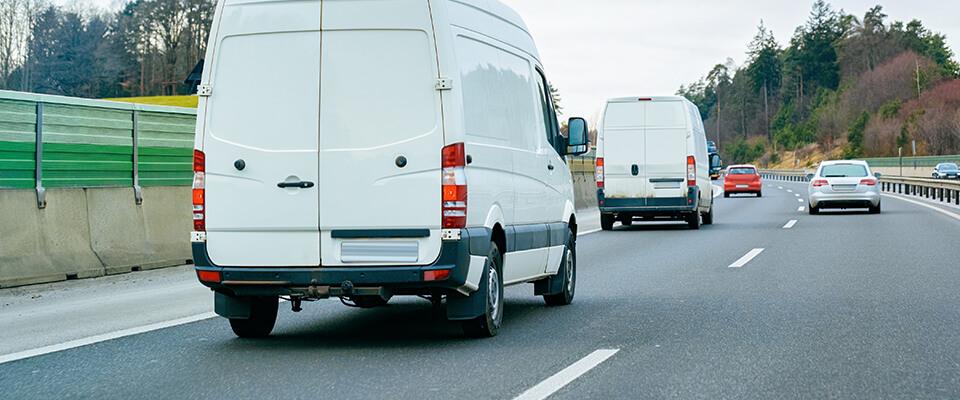Van Insurance 2024 : What Factors Influence Your Premiums?
Understanding Van Insurance Costs: What Factors Influence Your Premiums?
When you’re considering van ownership, one of the big questions on your mind is likely to be about insurance costs. On average, insuring a van costs around $142 per month or $1,329 annually. But why is this number what it is? Well, it’s a combination of various factors. Firstly, the type of van you have matters – its make and model can affect how much you pay. Then there’s your own personal information, like your age and driving history. Where you live also plays a role, as different areas have different levels of risk for insurers. All of these factors come together to determine what you’ll pay for van insurance.

Vans are often seen as safe and reliable vehicles, which can work in your favor when it comes to insurance. Insurers tend to think that if you’re driving a van, especially if it’s for family use, you’re probably a responsible driver. Plus, vans often get good safety ratings, making them less risky to insure. All of this can help keep your insurance premiums lower compared to other types of vehicles.
Personal vs. Commercial Van Insurance: Which One Do You Need?
When it comes to van insurance, there are two main categories: personal and commercial. Personal insurance is for individuals who use their vans for things like family outings or personal errands. On the other hand, commercial insurance is for businesses or individuals who use their vans for work purposes, like deliveries or transporting goods.
The type of insurance you need depends on how you use your van. If it’s mainly for personal use, a personal insurance policy should suffice. But if you’re using your van for work, you’ll likely need a commercial policy to make sure you’re properly covered for any business-related activities.
Exploring Your Coverage Options: What Does Van Insurance Cover?
Van insurance can cover a range of things, including:
- Liability Coverage: This helps pay for injuries or damage to other people or property if you’re at fault in an accident.
- Collision Coverage: If your van is damaged in a collision with another vehicle or object, this coverage can help with repairs.
- Comprehensive Coverage: This protects your van against non-collision incidents, like theft, vandalism, or natural disasters.
- Medical Payments Coverage: This covers medical expenses for you and your passengers after an accident, regardless of who’s at fault.
- Uninsured/Underinsured Motorist Coverage: Steps in if you’re in an accident with someone who doesn’t have enough insurance to cover the costs.
Choosing the Right Insurance Provider: Who Are the Top Picks for Van Insurance?
When it comes to finding the best insurance provider for your van, there are a few standout options. For personal van insurance, companies like USAA and Geico are often praised for their affordability and range of coverage options. If you’re looking for commercial insurance, providers like Progressive, Nationwide, Farmers, and Geico are known for their specialized policies tailored to businesses.
Making Informed Decisions: Navigating Van Insurance with Confidence
In conclusion, van insurance is a crucial aspect of owning a van, providing financial protection and peace of mind on the road. By understanding the ins and outs of van insurance and selecting the right coverage for your needs, you can drive confidently, knowing you’re covered in case of any unforeseen events. Whether you’re using your van for family outings or running a business, investing in comprehensive van insurance is essential for your safety and financial security.



